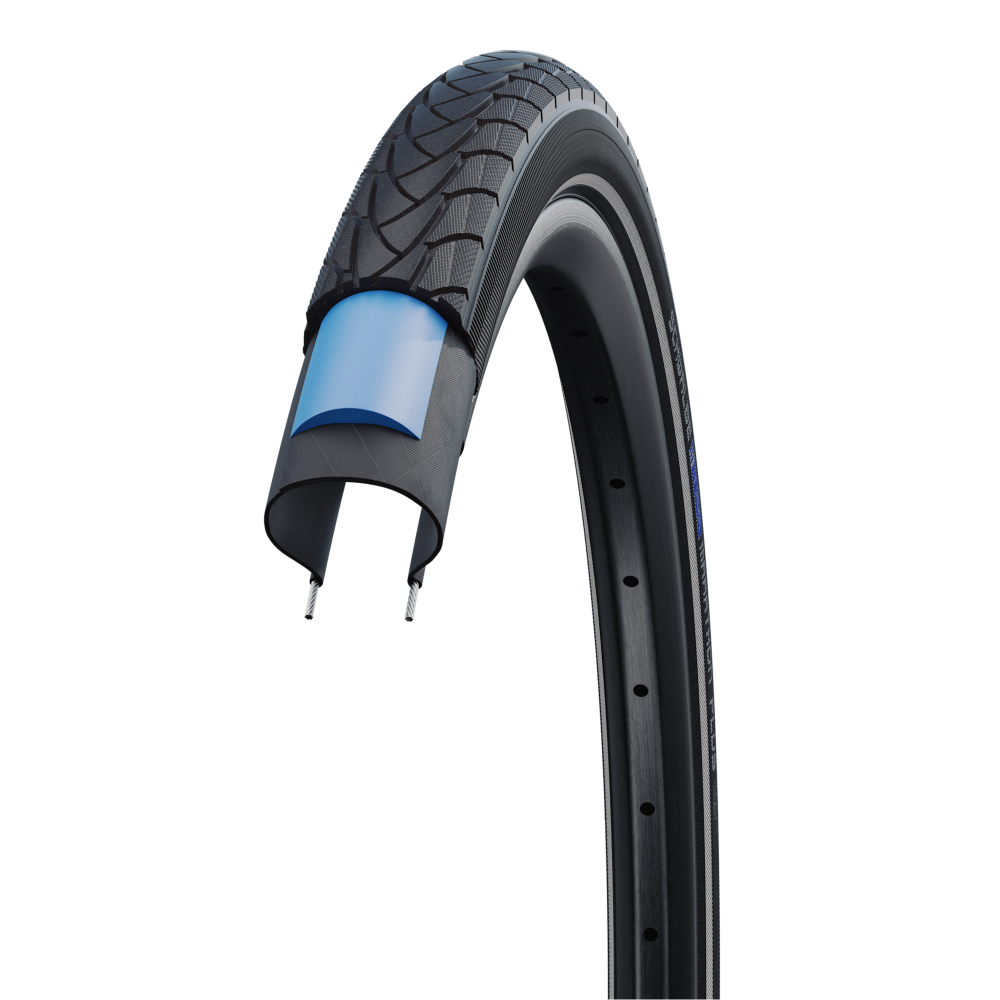My wife and I are in our mid 60's and retiring soon. We are looking for e-bikes for exercise and general commuting, while the weather is good. We will be riding in two separate areas, one is reasonably flat, the other is hilly. We want something that will get us from point A to point B, last about 80+ miles for the commute, can handle off-road as well as paved roads and hills (not incredibly steep but some of the hills are long). Our terrain is northern New Hampshire. Transporting the bikes is not a big issue. I can lift a bike onto the bike rack (hitch type of rack from THULE). Speed is not a huge issue but I think I'd like something that can do 20-25 mph. I'm very tall (6'8") and 265 lbs. My wife is a normal height (5'7"). I'm hoping to stay in the <=$2,000 price range.
Also, what kind of maintenance is needed on these machines? What regular expenses can we expect (once retired we'll be on a fixed income so I need to take these things into consideration). Also, what is the longevity of the "average" e-Bike? Battery life expectancy (and replacement cost)?
These won't be use a great deal (i.e. daily) but I can see us getting out 2-3 times a week, maybe even for off-road recreational riding. I'm sure we won't be punishing the bikes by doing jumps or other thrill seeking maneuvers. But a good suspension is a must (especially at my weight).
Any constructive help is greatly appreciated. I went to a bike shop looking for these but they seemed more interested in pushing their high end bikes than meeting my needs.
Also, what kind of maintenance is needed on these machines? What regular expenses can we expect (once retired we'll be on a fixed income so I need to take these things into consideration). Also, what is the longevity of the "average" e-Bike? Battery life expectancy (and replacement cost)?
These won't be use a great deal (i.e. daily) but I can see us getting out 2-3 times a week, maybe even for off-road recreational riding. I'm sure we won't be punishing the bikes by doing jumps or other thrill seeking maneuvers. But a good suspension is a must (especially at my weight).
Any constructive help is greatly appreciated. I went to a bike shop looking for these but they seemed more interested in pushing their high end bikes than meeting my needs.


